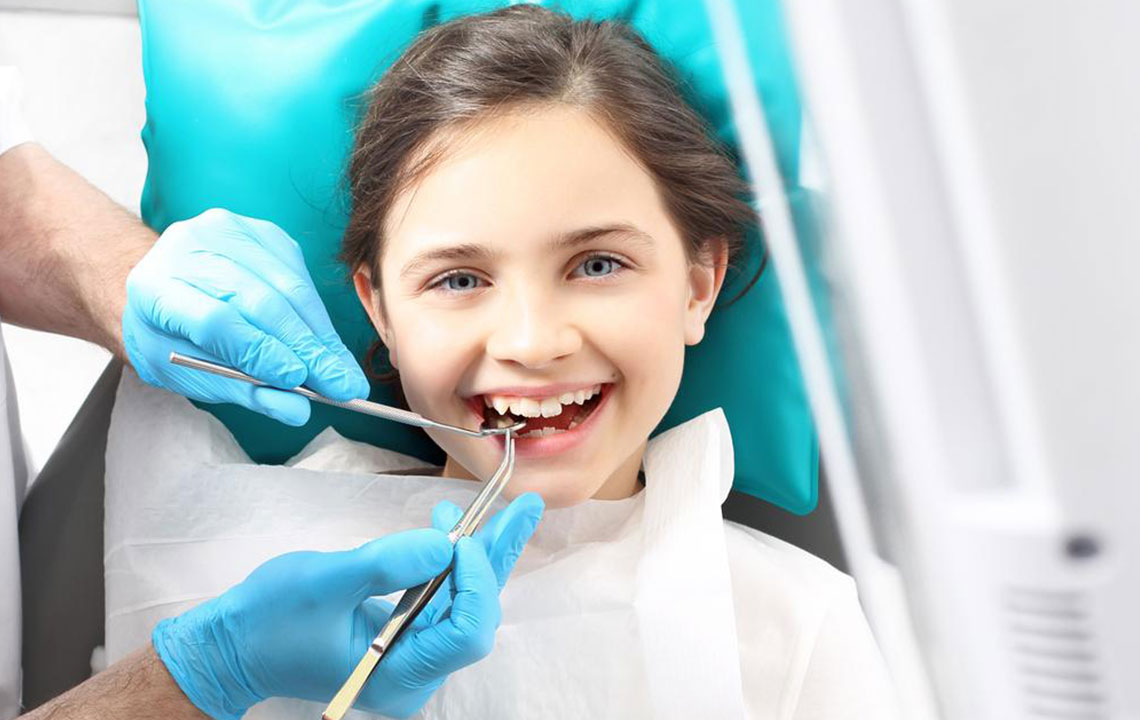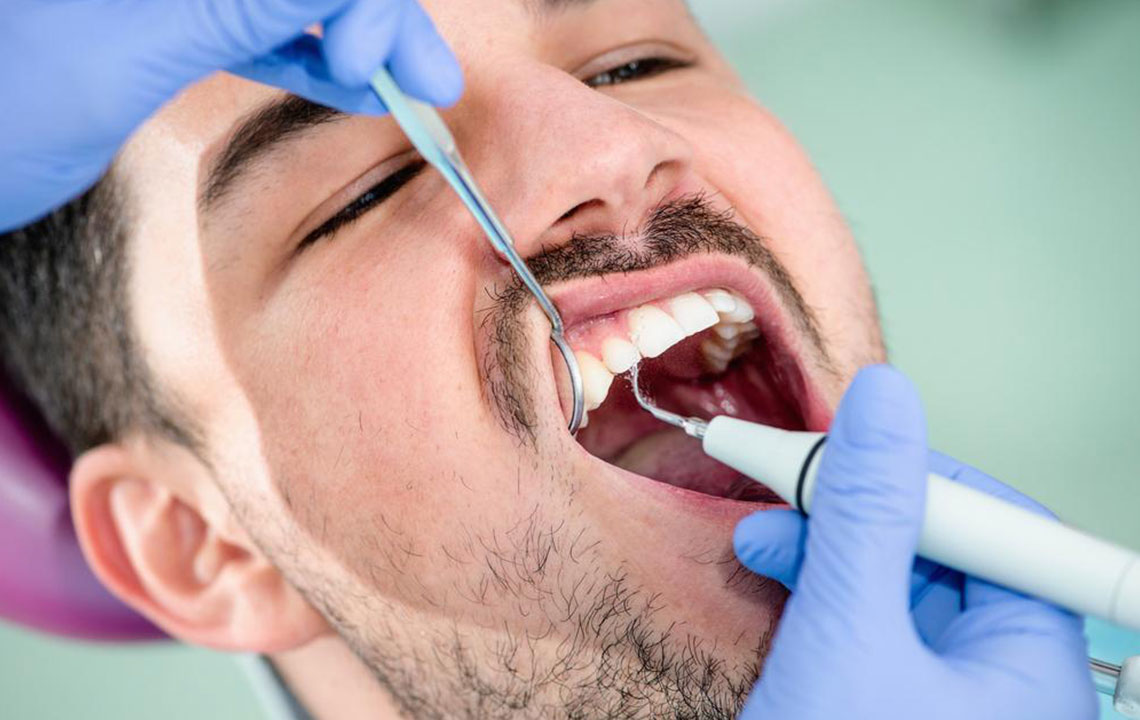Comprehensive Guide to Instilling Healthy Dental Habits in Children for Lifelong Oral Hygiene
This comprehensive guide explores effective methods for teaching children healthy dental habits. Starting from early childhood, parents and caregivers can instill habits like regular brushing and flossing, making dental care a positive experience. The article emphasizes the importance of engaging children with stories and visuals, fostering positive attitudes towards dental visits, and creating supportive environments. Regular dental check-ups, combined with good at-home routines, help prevent common dental issues such as cavities and gum disease. Empowering children with knowledge and positive reinforcement ensures lifelong commitment to oral health, supporting overall well-being.

Comprehensive Guide to Instilling Healthy Dental Habits in Children for Lifelong Oral Hygiene
Building strong oral hygiene habits during childhood is crucial for maintaining dental health throughout life. Early education about proper dental care sets the foundation for lifelong habits that prevent cavities, gum disease, and other dental issues. Developing these habits early not only helps avoid costly dental procedures in the future but also promotes overall well-being and self-confidence. Parents and caregivers play a vital role in guiding children to understand and embrace the importance of regular dental routines, making the experience positive and educational.
Effective Strategies to Teach Children About Dental Care
Teaching children about dental hygiene requires patience, creativity, and consistency. Emphasizing the importance of maintaining clean teeth and healthy gums helps children understand that oral care is an essential part of their overall health. Use simple language to explain why brushing teeth multiple times a day and flossing are necessary to eliminate plaque, prevent cavities, and promote fresh breath. When children understand the direct impact on their health and appearance, they are more motivated to adopt good habits.
Children tend to stick to routines more effectively when they grasp the reasons behind them. Teaching them about dental care should involve engaging stories and relatable examples to make the concepts memorable. For example, comparing plaque to tiny enemies that need to be defeated with brushing can turn brushing into an exciting adventure.
– Pay attention to the eruption of front and bottom teeth, typically the first to emerge in infants. Cleaning these teeth thoroughly is vital for preventing decay and setting a good example for future oral hygiene. Use storytelling or colorful illustrations to help young children understand why they need to brush and floss.
– Cultivate a positive attitude towards dental visits from an early age. Children should view dentists as friendly professionals who help keep their smiles bright and healthy, rather than intimidating figures. Regular visits allow children to become comfortable with the dental environment and learn preventive care firsthand.
Specialized pediatric dentists are skilled in managing children’s unique dental issues and creating a welcoming, fun environment. When children recognize that routine dental care is beneficial and non-threatening, they are more likely to maintain these habits. Sharing stories about how good oral hygiene prevents problems like toothaches or cavities can be very effective. Children often accept advice better from dental professionals because they associate these visits with positive experiences.
Once children master brushing twice daily, introduce flossing by demonstrating proper techniques during your own oral hygiene routine. Children are natural mimics; watching parents floss and brush provides a perfect learning opportunity. Making these moments part of daily routines helps reinforce consistency and builds habits that will last into adolescence and adulthood.
Decorated dental clinics tailored for children can significantly enhance the learning experience. Bright posters, fun educational materials, and engaging activities create a positive environment. Use these settings to educate children about the impact of sugar and sticky foods on teeth through simple, interactive demonstrations. Emphasize dietary choices that support dental health, such as eating fruits and vegetables and limiting sugary snacks.
Having dental check-ups as a routine part of life fosters healthy habits that persist over time. When children associate dental visits with care and education rather than fear, they are more likely to maintain good oral hygiene practices. Consistent professional oversight complements daily routines and reinforces the importance of dental health, leading to healthier smiles throughout their lives.




